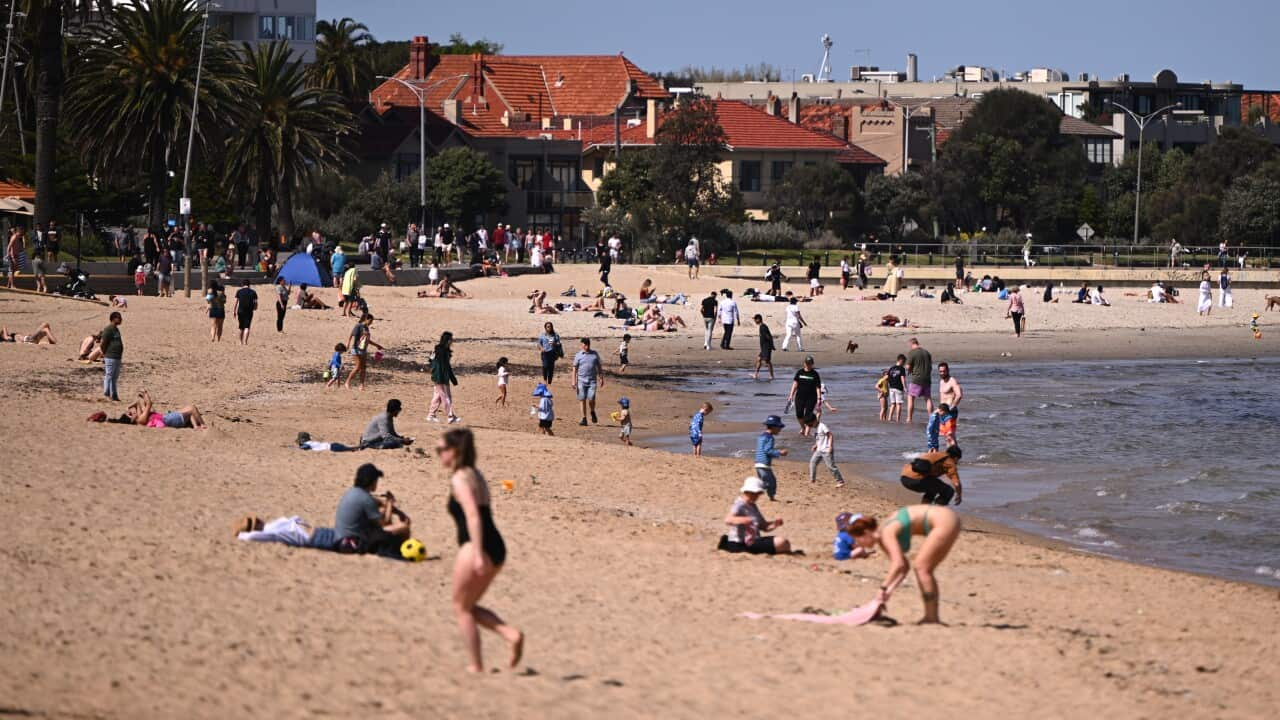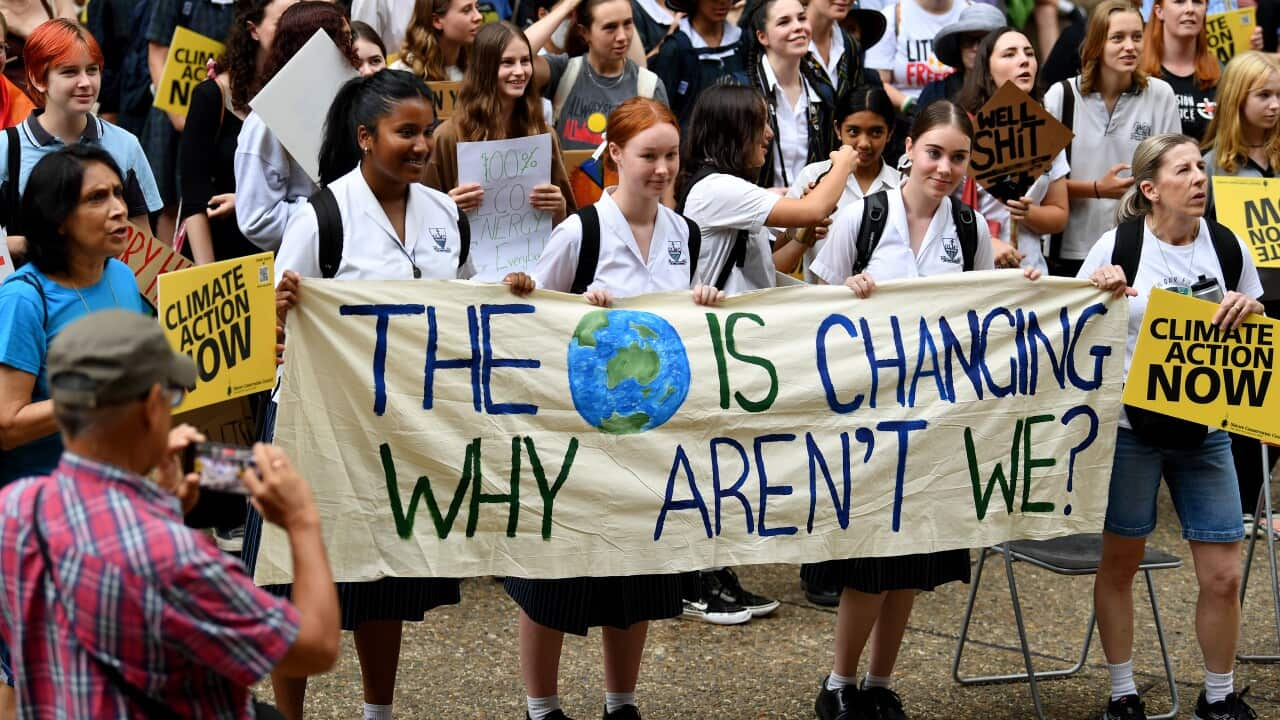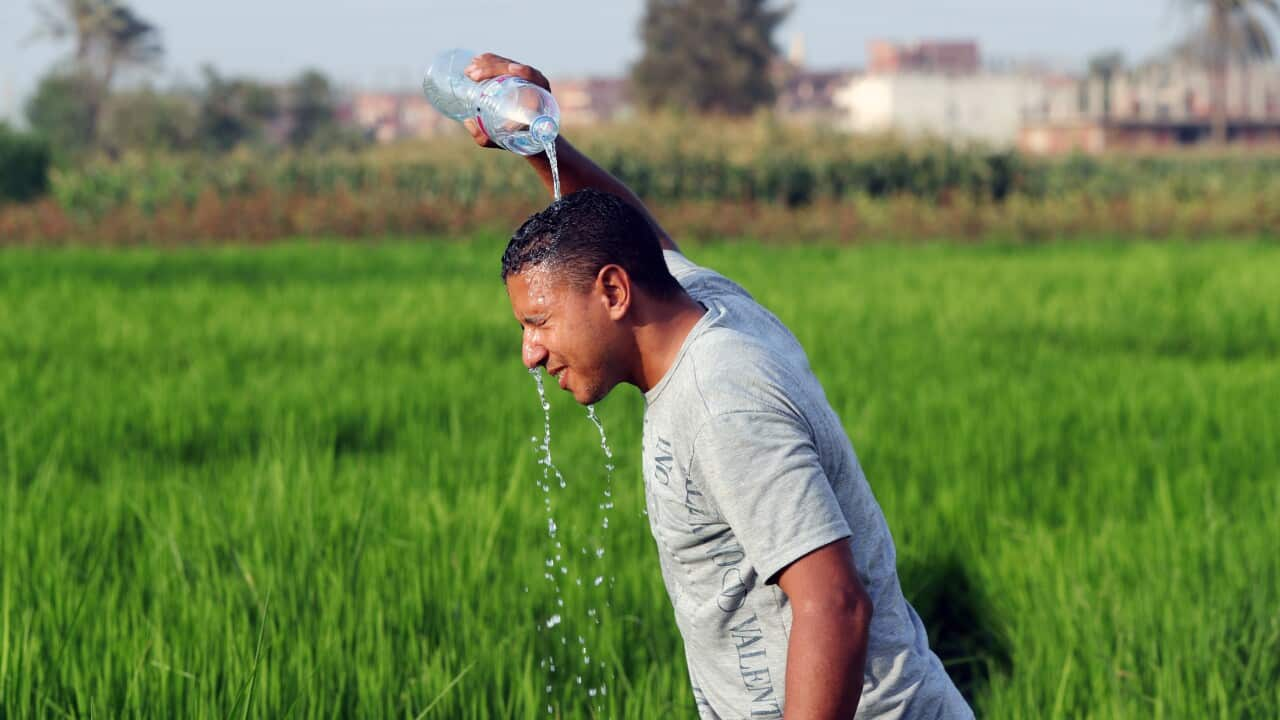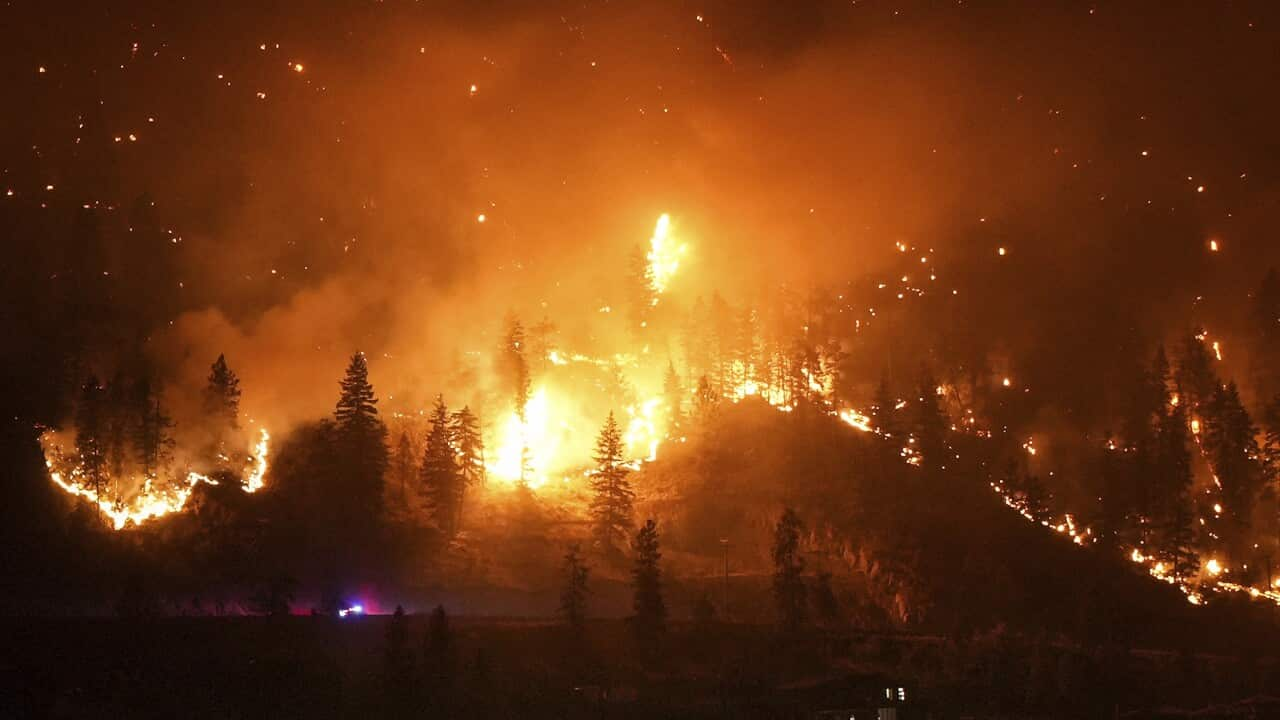Key Points
- Researchers released the first systematic review into how and why climate change affects reproductive choices.
- Child welfare, environmental impact, politics, and subsistence concerns were among the main factors.
- Many people view reproduction as "irresponsible" within the context of climate breakdown.
From the age of four, Freya thought it was her life purpose to have a family. But at around 19, she realised carrying a child would not be part of her future.
The 25-year-old grew up in an environmentally conscious household with parents who actively protested for climate action, which filled her with hope that the crisis would be addressed.
However, government inaction prompted her to make changes to her plans for a family.
"To me it feels like an unethical decision to create new life, to come into a world that will realistically struggle for resources in the quite near future," she told SBS News.
"I think I was hoping that the world would change enough for me to feel comfortable having children, but when it began to seem like that wasn't the case, I kind of felt like the decision was more on me."
Freya is part of a growing trend.
Around the world people are reconsidering the amount of children or whether to have them due to the escalating climate crisis, according to newly published research.
A team from the University College London (UCL) examined 13 studies, involving 10,788 participants across dozens of countries, from between 2012 and 2022 to determine how climate change-related concerns impacted people's reproductive decision-making.
Of those, 12 showed an association between stronger concerns about climate change and a desire for fewer children.
"The findings support anecdotal evidence that climate change is factoring into people's reproductive decision-making, with the majority of studies suggesting that many people are choosing to forego childbearing or reduce the number of children they have as a result," the study's authors concluded.
They also noted that public discourse had taken a "relatively simplistic overview" of people's reasons for such a decision.
"Our analysis shows that not only are many people concerned about their child’s welfare growing up in a world of uncertainty, but that they are also considering the impact of having children on the environment, their family's ability to subsist, and their politics," lead author Hope Dillarstone said in a statement.
The UCL report highlighted these four key factors as the primary reasons why people tend to opt out of having children.
Max remembers the "oddly specific" moment he decided he would never have children. It was in 2019 while watching a David Attenborough documentary.
Attenborough, in his famously dulcet tone, was discussing the many ways rampant population increases were contributing to the destruction of the planet.
"For me personally, I absolutely oppose it," the 30-year-old tech worker from Minneapolis told SBS News of his stance on reproduction.
"I have no desire to have children. I think in this day and age, with everything going on, that it's an irresponsible decision."
He is firm in his reasoning.
"I think that we're facing a lot of serious problems, mainly the climate crisis, and I think that I'm very pessimistic that we're going to actually take the steps necessary to address this problem. I think that birthing somebody who is going to come into a much worse situation than I had is irresponsible."
Outside eco-anxiety and environmental factors, individuals cited political considerations as a factor in their decision to not have children – believing that the energy required for parenting would detract from their personal endeavours to lessen climate change.
Two participants said they refused to have children as a way of "striking" until there was systemic change.
Another study in Ethiopia found that participants wanted fewer children so they had fewer mouths to feed and could manage diminishing resources during periods of declining agricultural productivity.
Meanwhile, in Zambia, participants cited subsistence concerns as a reason for and against having children. People worried about their ability to support their family without additional children to help with household labour and food and water collection.
The study's authors believe these factors are underappreciated when it comes to how the climate is affecting people’s reproductive choices.
Moreover, they pointed to a severe lack of academic studies concerning these issues in developing countries and called for "more research at the intersection of climate change, mental health, and reproductive decision-making" in those countries.
"Understanding why some people choose to adjust their reproductive decisions as a result of climate change may prove instrumental for shaping public policy," said Dillarstone.
In the meantime, Freya and her partner are preparing for a future where the world surpasses global emissions targets. They're looking forward to fostering children in need of a loving home.
"It's not that we'll be without family completely. It'll come in its own different form and with different children, but it was a bit of a change in plans for sure," she said.
"I feel like the best way I can love (a) child is to not bring them into a climate crisis."














